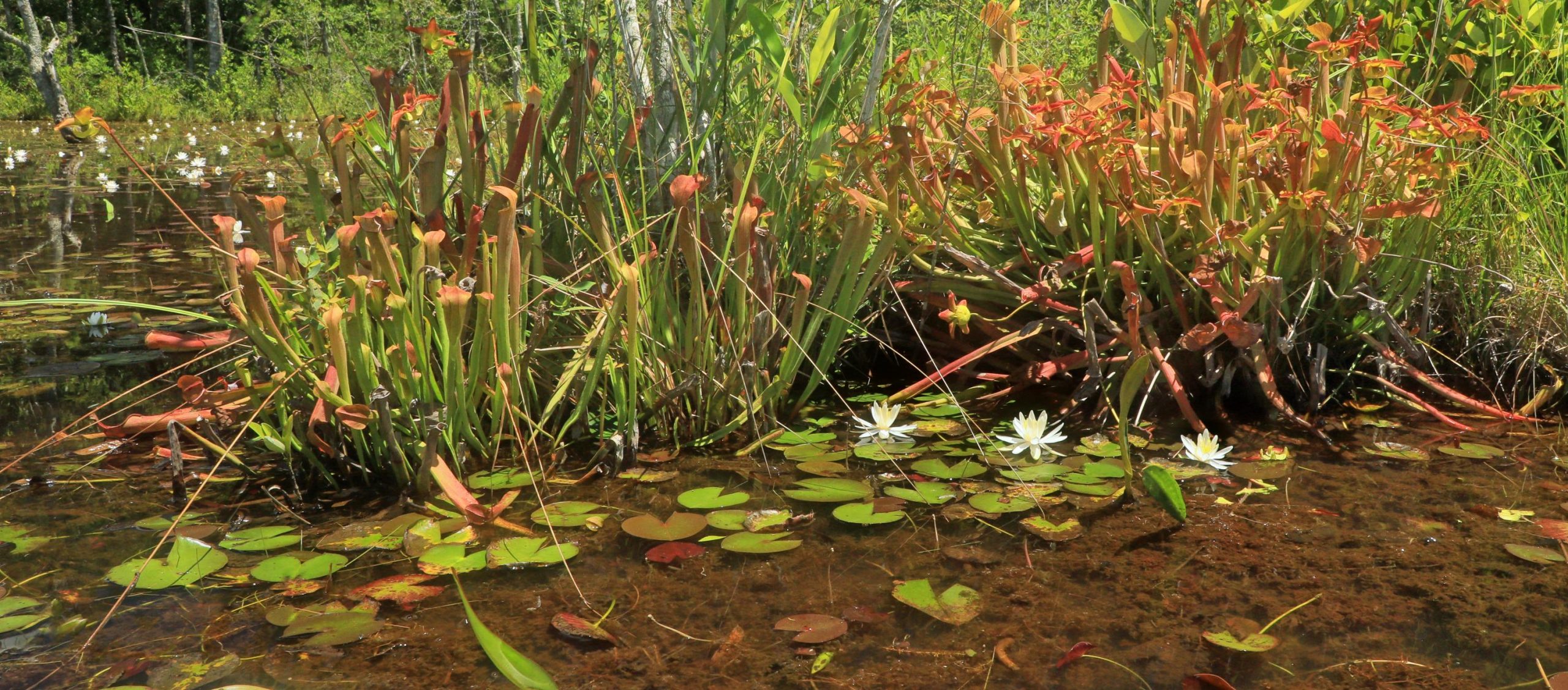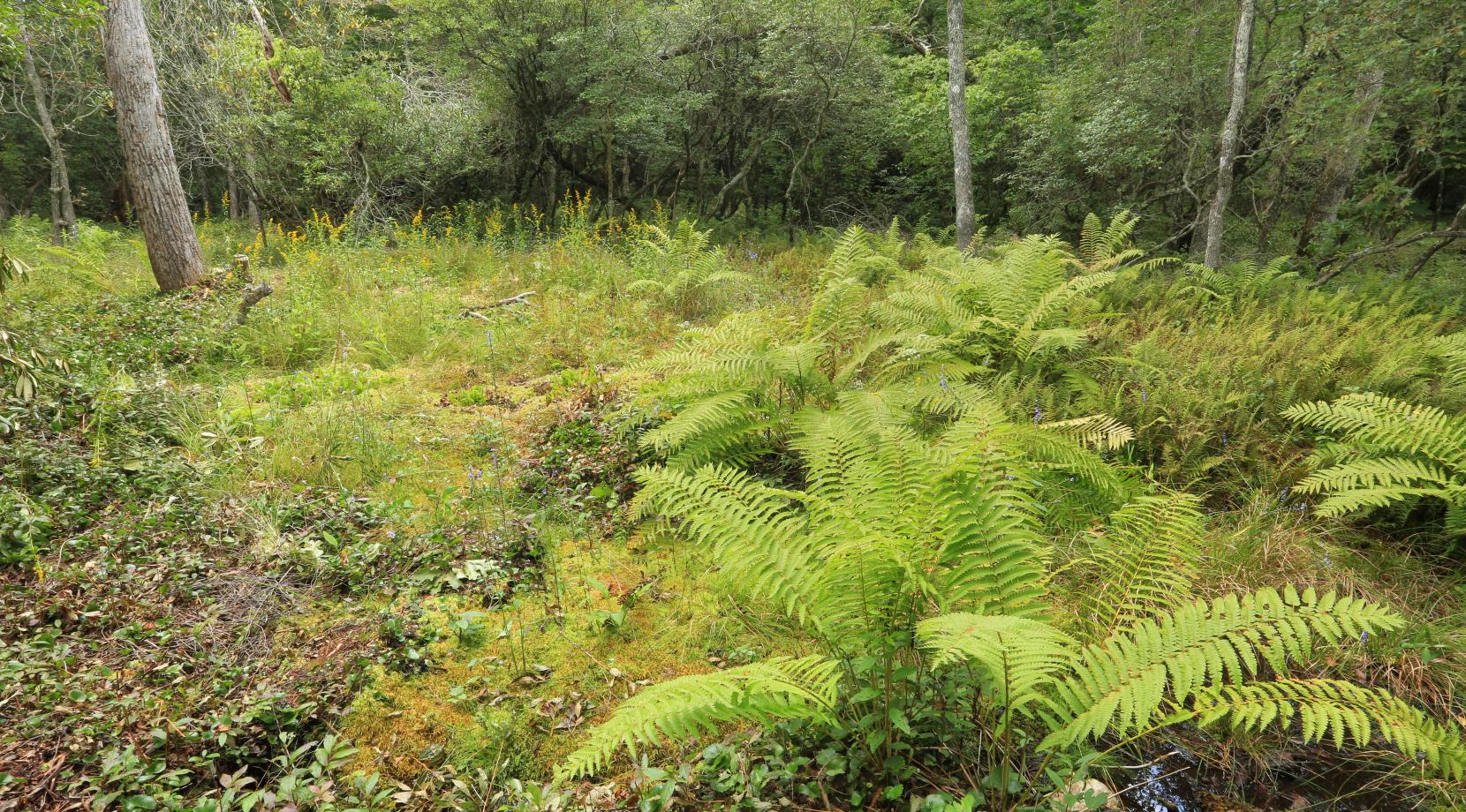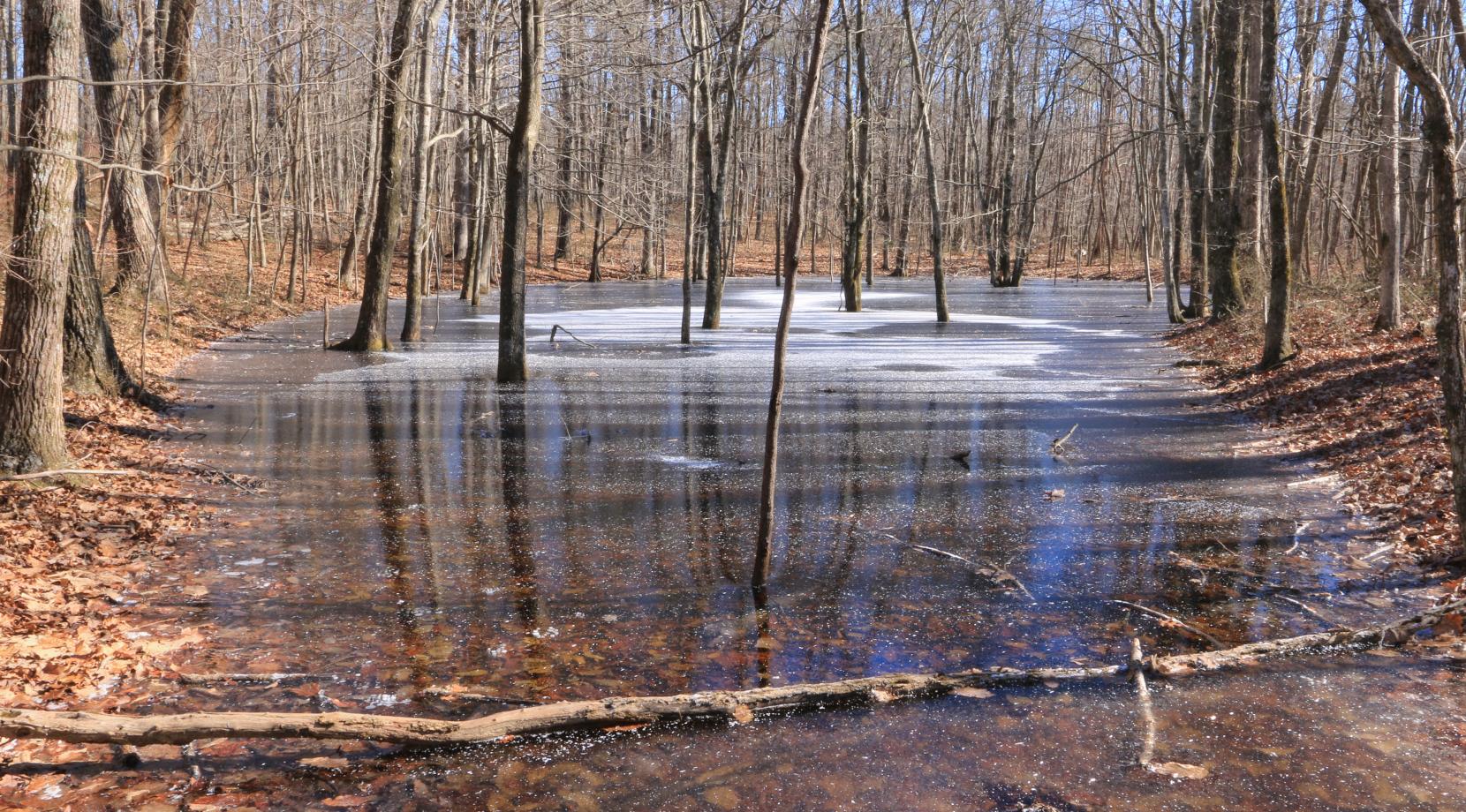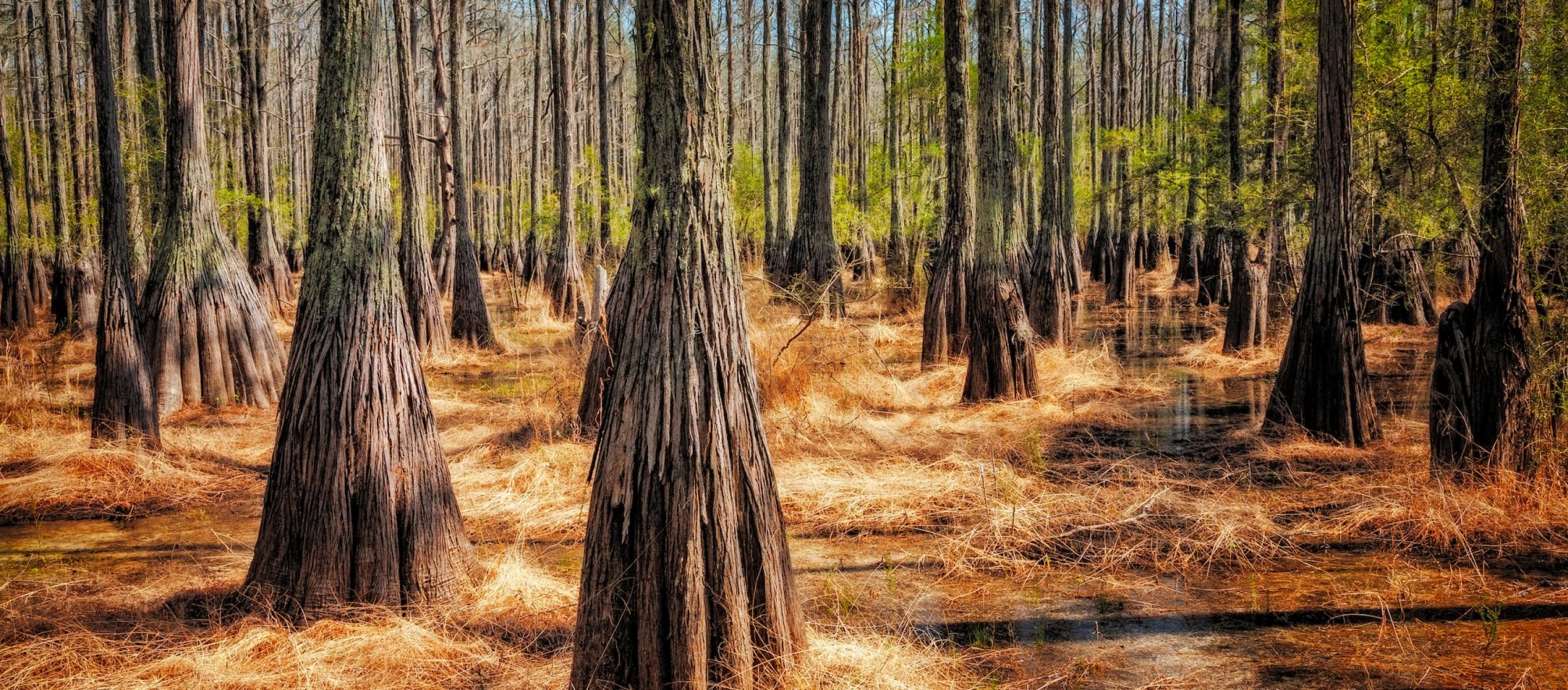EPA announces move to strip Clean Water Act protections
Despite opposition from hundreds of thousands of Americans, today the Trump administration finalized a rule to gut long-established clean water protections.
This unprecedented move, which will remove Clean Water Act protections that have been in place for nearly 50 years, would jeopardize drinking water sources for 200 million Americans and take protection standards back to the 1970s, when our waterways were open sewers.
“The administration eliminated clean water protections to protect polluters instead of protecting people,” says Senior Attorney Blan Holman, leader of SELC’s Clean Water Defense Initiative. “This rule is the culmination of an insider campaign to gut bipartisan protections that have safeguarded the nation’s water for decades, and will endanger the health and environment of families and communities across the entire country.”

The final rule announced by the Environmental Protection Agency redefines which “waters of the United States” are protected under the Clean Water Act, and eliminates clean water protections that have prevented unchecked pollution from entering our waterways and drinking water sources for 47 years.
In adopting this rule, the EPA is making pollution worse, violating Supreme Court precedent and decades of well-established agency practice, and embracing an approach Congress explicitly rejected when it passed the Clean Water Act in 1972 with bipartisan support.
The agency’s own Science Advisory Board—consisting mostly of scientists appointed by the Trump administration—warned that this proposed rule was inconsistent with established science.


Additionally, the overwhelming majority of the 626,075 public comments EPA received weighed in against the proposed rule. The list of Americans from across the country that the rule drew criticism or concern from is long: floodplain and wetland managers, state wildlife agencies and international councils, state environmental agencies, associations representing family commercial fishing businesses, several fly-fishing-related businesses, river guides and paddling outfitters, outdoor apparel company Patagonia, outdoor recreational enthusiasts represented by several organizations, 59 craft breweries, 12 scientific societies that represent more than 200,000 scientists, numerous associations representing public and children’s health advocates, cities and counties, small and family farmers, environmental law professors, faith organizations, and conservation organizations too numerous to count.
In April 2019, SELC filed comments detailing the problems with the proposal on behalf of 80 nonprofit organizations. Those full comments are available here.
Last October, SELC also challenged the EPA’s and Army Corps of Engineers’ repeal of clean water protections under the Clean Water Act, one of the nation’s bedrock environmental laws, in the U.S. District Court for the District of South Carolina on behalf of several conservation groups.
Says Senior Attorney Holman, “If allowed to stand, this bulldozing of clean water protections would be among this administration’s dirtiest, most dangerous deeds. We plan to fight them with everything we have to protect our communities and clean water.”


